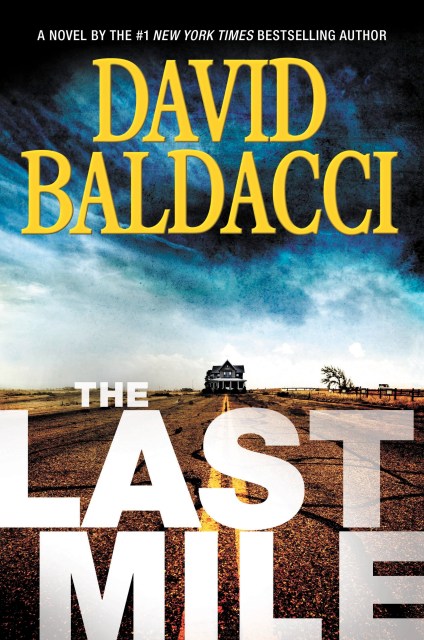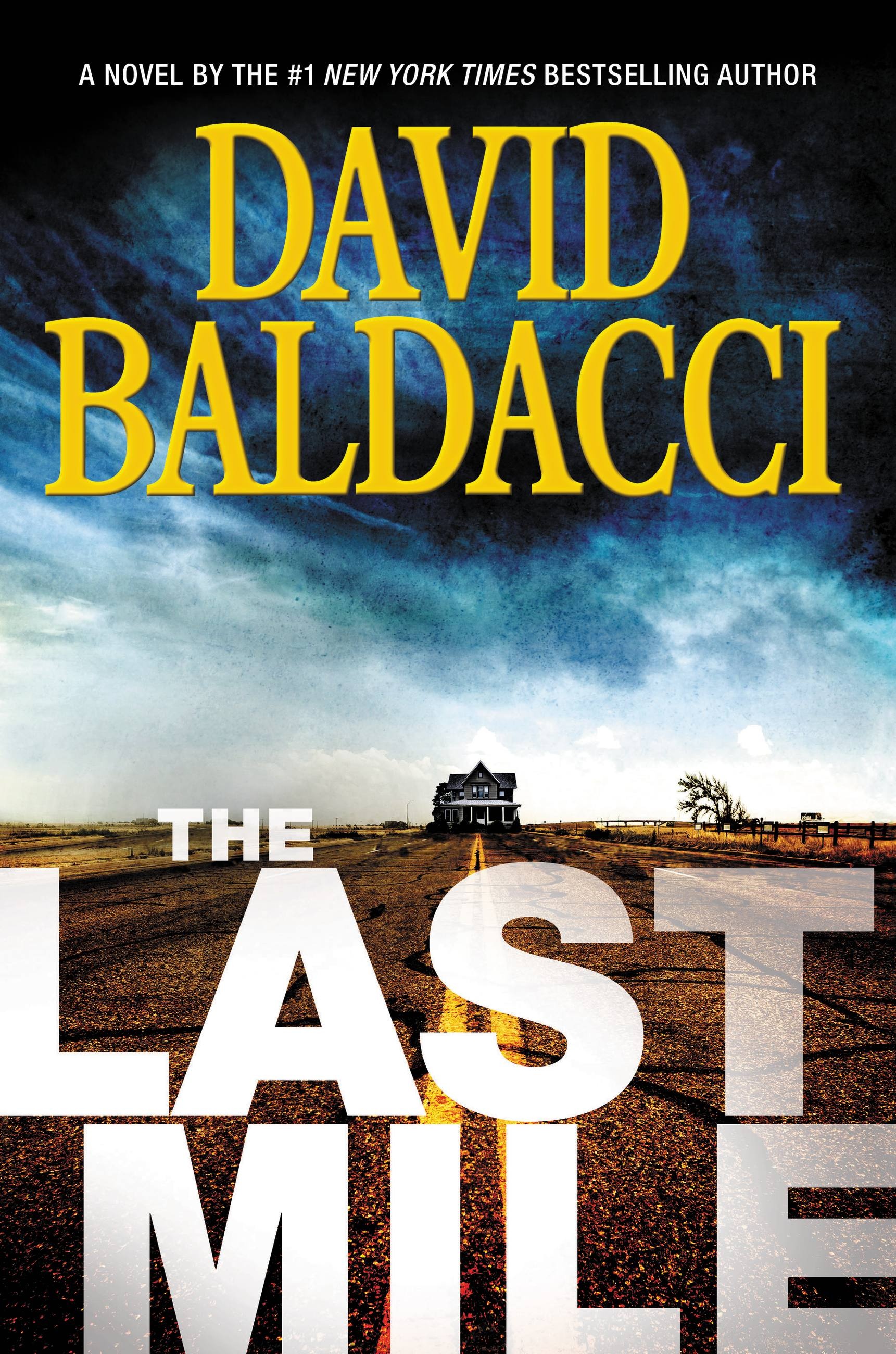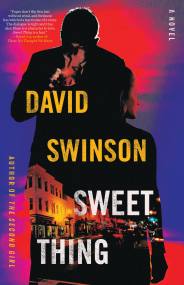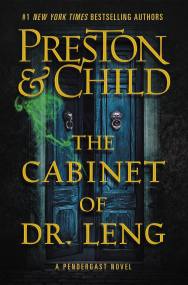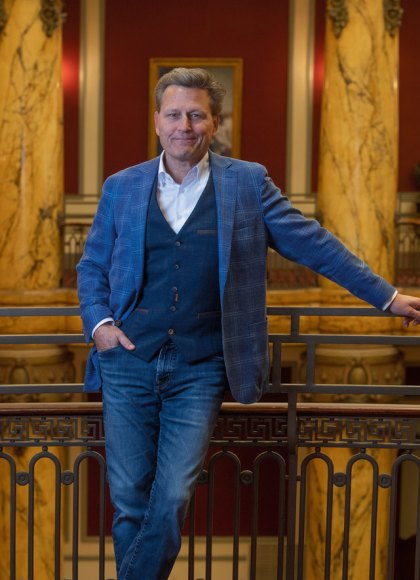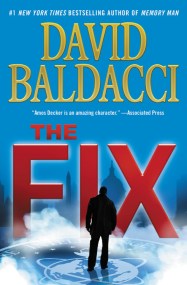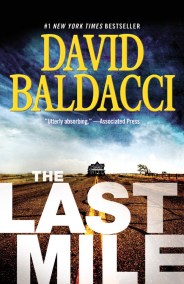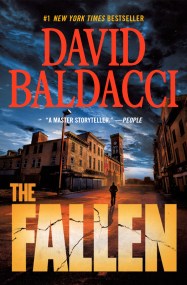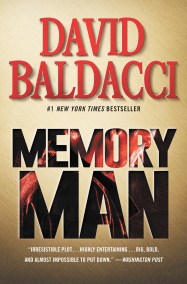Promotion
Use code MOM24 for 20% off site wide + free shipping over $45
The Last Mile
Contributors
Formats and Prices
Price
$41.00Price
$52.00 CADFormat
This item is a preorder. Your payment method will be charged immediately, and the product is expected to ship on or around April 19, 2016. This date is subject to change due to shipping delays beyond our control.
Also available from:
When a convicted killer is saved by another man’s confession, Amos Decker, now an FBI special task force detective, must find the truth in this “utterly absorbing” #1 New York Times bestseller (Associated Press).
Convicted murderer Melvin Mars is counting down the last hours before his execution–for the violent killing of his parents twenty years earlier–when he’s granted an unexpected reprieve. Another man has confessed to the crime.
Amos Decker, newly hired on an FBI special task force, takes an interest in Mars’s case after discovering the striking similarities to his own life: Both men were talented football players with promising careers cut short by tragedy. Both men’s families were brutally murdered. And in both cases, another suspect came forward, years after the killing, to confess to the crime. A suspect who may or may not have been telling the truth.
The confession has the potential to make Melvin Mars–guilty or not–a free man. Who wants Mars out of prison? And why now?
But when a member of Decker’s team disappears, it becomes clear that something much larger–and more sinister–than just one convicted criminal’s life hangs in the balance. Decker will need all of his extraordinary brainpower to stop an innocent man from being executed.
Convicted murderer Melvin Mars is counting down the last hours before his execution–for the violent killing of his parents twenty years earlier–when he’s granted an unexpected reprieve. Another man has confessed to the crime.
Amos Decker, newly hired on an FBI special task force, takes an interest in Mars’s case after discovering the striking similarities to his own life: Both men were talented football players with promising careers cut short by tragedy. Both men’s families were brutally murdered. And in both cases, another suspect came forward, years after the killing, to confess to the crime. A suspect who may or may not have been telling the truth.
The confession has the potential to make Melvin Mars–guilty or not–a free man. Who wants Mars out of prison? And why now?
But when a member of Decker’s team disappears, it becomes clear that something much larger–and more sinister–than just one convicted criminal’s life hangs in the balance. Decker will need all of his extraordinary brainpower to stop an innocent man from being executed.
Genre:
-
"Entertaining and enlightening, The Last Mile is a rich novel that has much to offer...In the best Baldacci tradition, the action is fast and furious. But The Last Mile is more than a good action thriller. It sheds light on racism, a father-son relationship and capital punishment. Both Mars and Decker are substantive, solid characters....Utterly absorbing."Associated Press
-
"[Amos Decker is] one of the most unique protagonists seen in thriller fiction....David Baldacci has always been a top-notch thriller writer ...[his] fertile imagination and intricate plotting abilities make each of his books a treat for thriller readers. The Last Mile is no exception."BookReporter.com
-
"The intricate details in Baldacci's explosive new novel engage until the final word. He's hit the pinnacle traveling the Deep South and exploring its traditions. Decker and his compatriots are characters to remember long after reading this impressive undertaking."RT Book Reviews (4 1/2 stars - Top Pick!)
-
"A compelling mystery with emotional resonance. Just when the story line heads to what seems an obvious conclusion, Baldacci veers off course with a surprising twist. The end result is another exciting read from a thriller master."Library Journal (Starred Review)
-
"Baldacci excels at developing interesting, three-dimensional protagonists...Baldacci fans will not be disappointed, and The Last Mile gives good reason to look forward to the next Amos Decker thriller."New York Journal of Books
- On Sale
- Apr 19, 2016
- Page Count
- 432 pages
- Publisher
- Grand Central Publishing
- ISBN-13
- 9781455586455
Newsletter Signup
By clicking ‘Sign Up,’ I acknowledge that I have read and agree to Hachette Book Group’s Privacy Policy and Terms of Use
